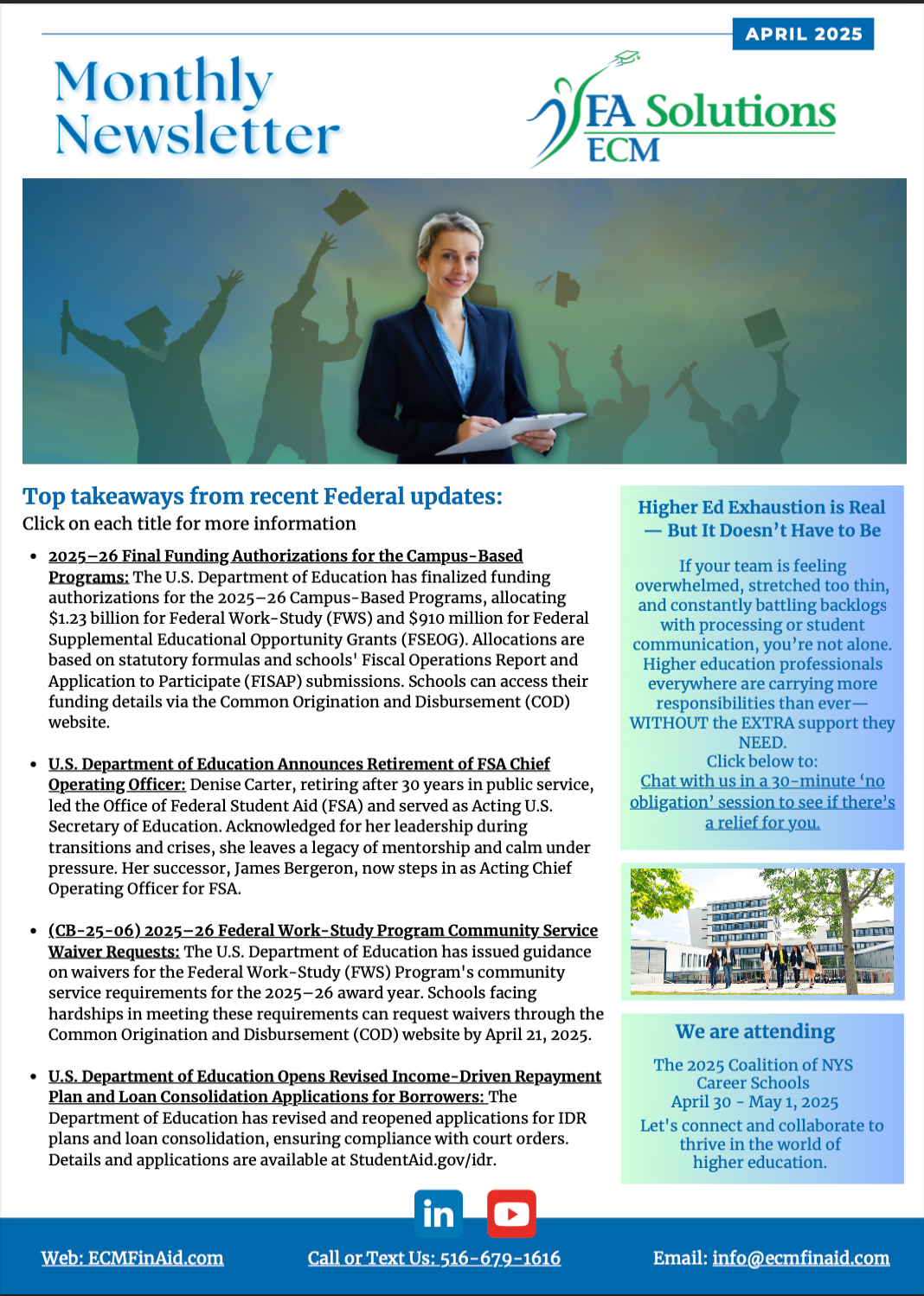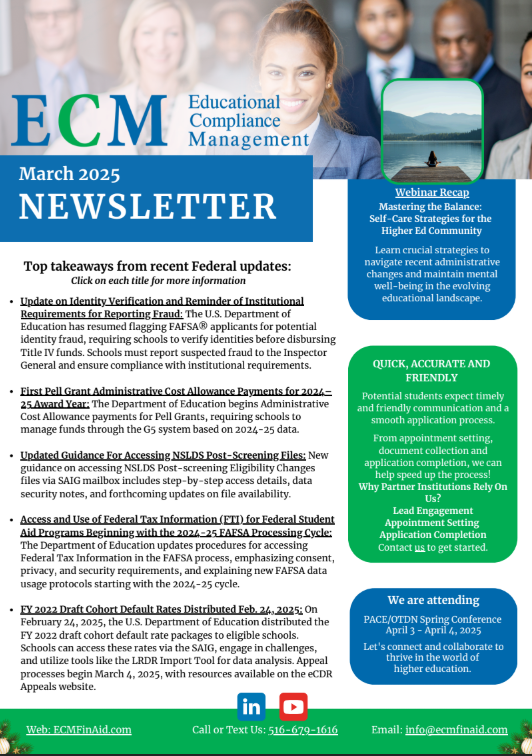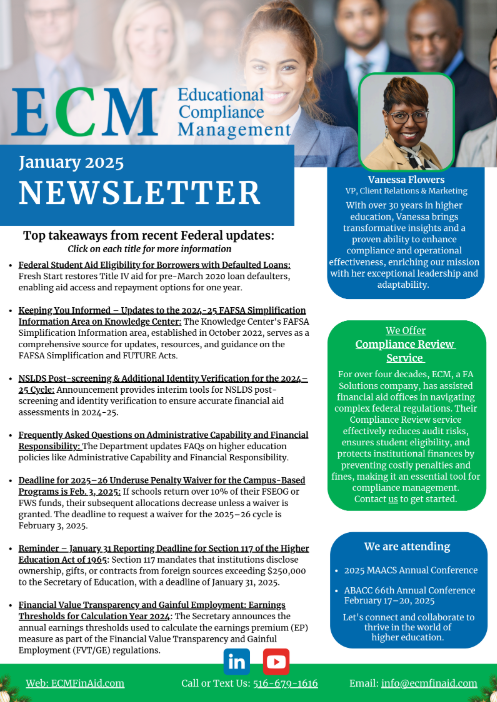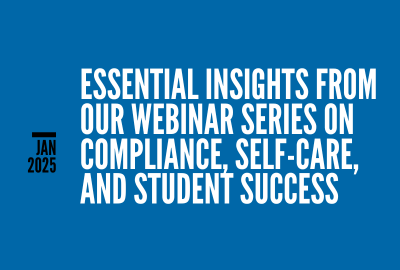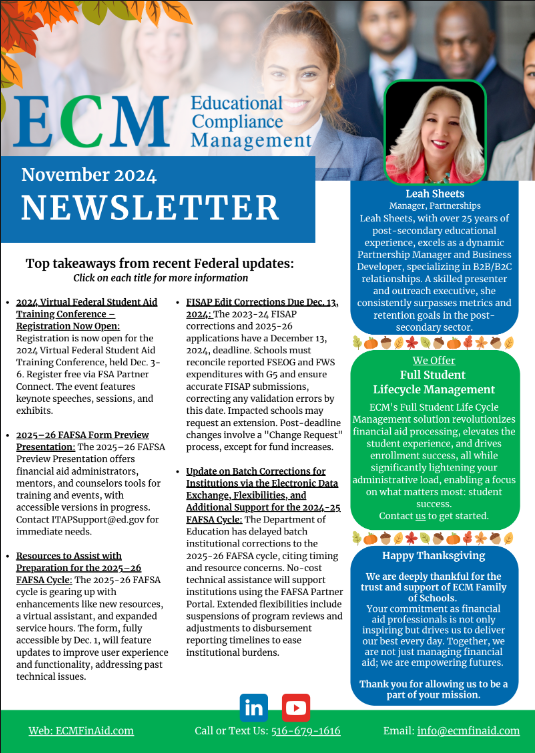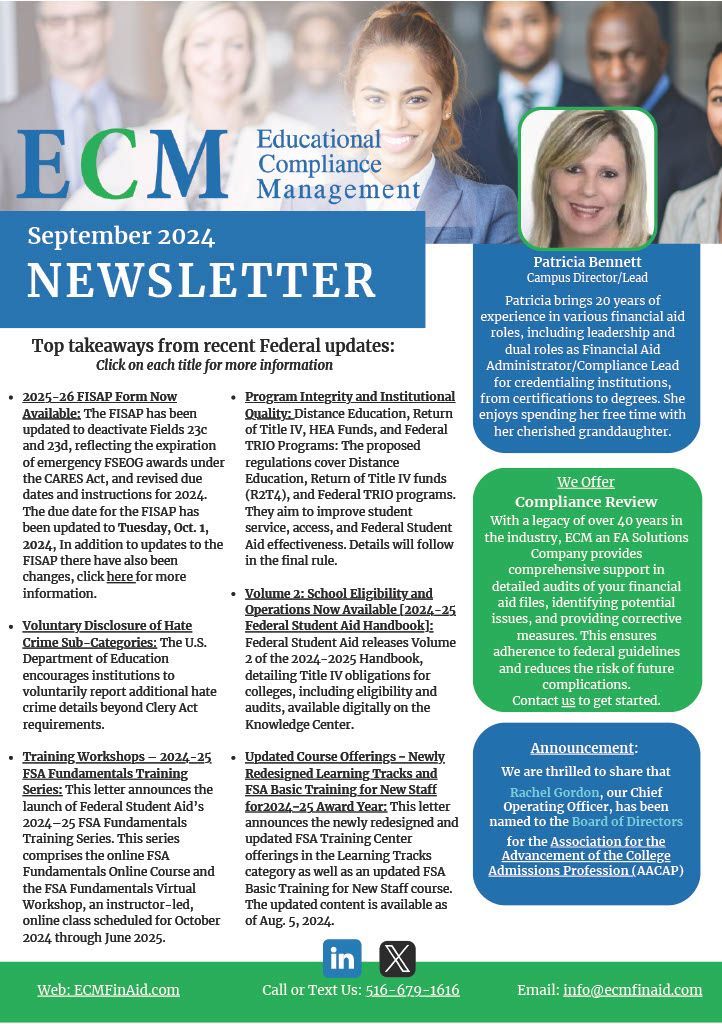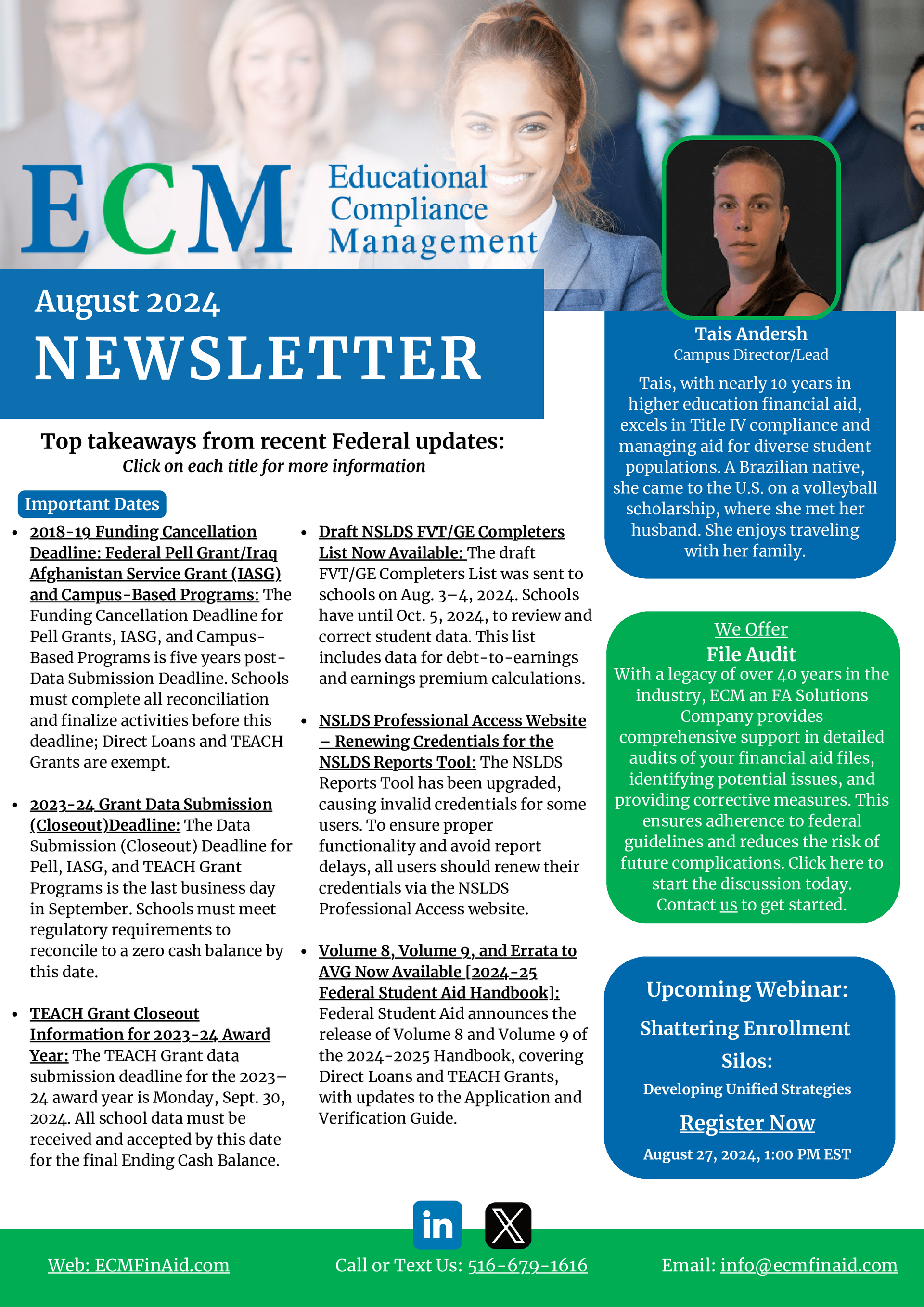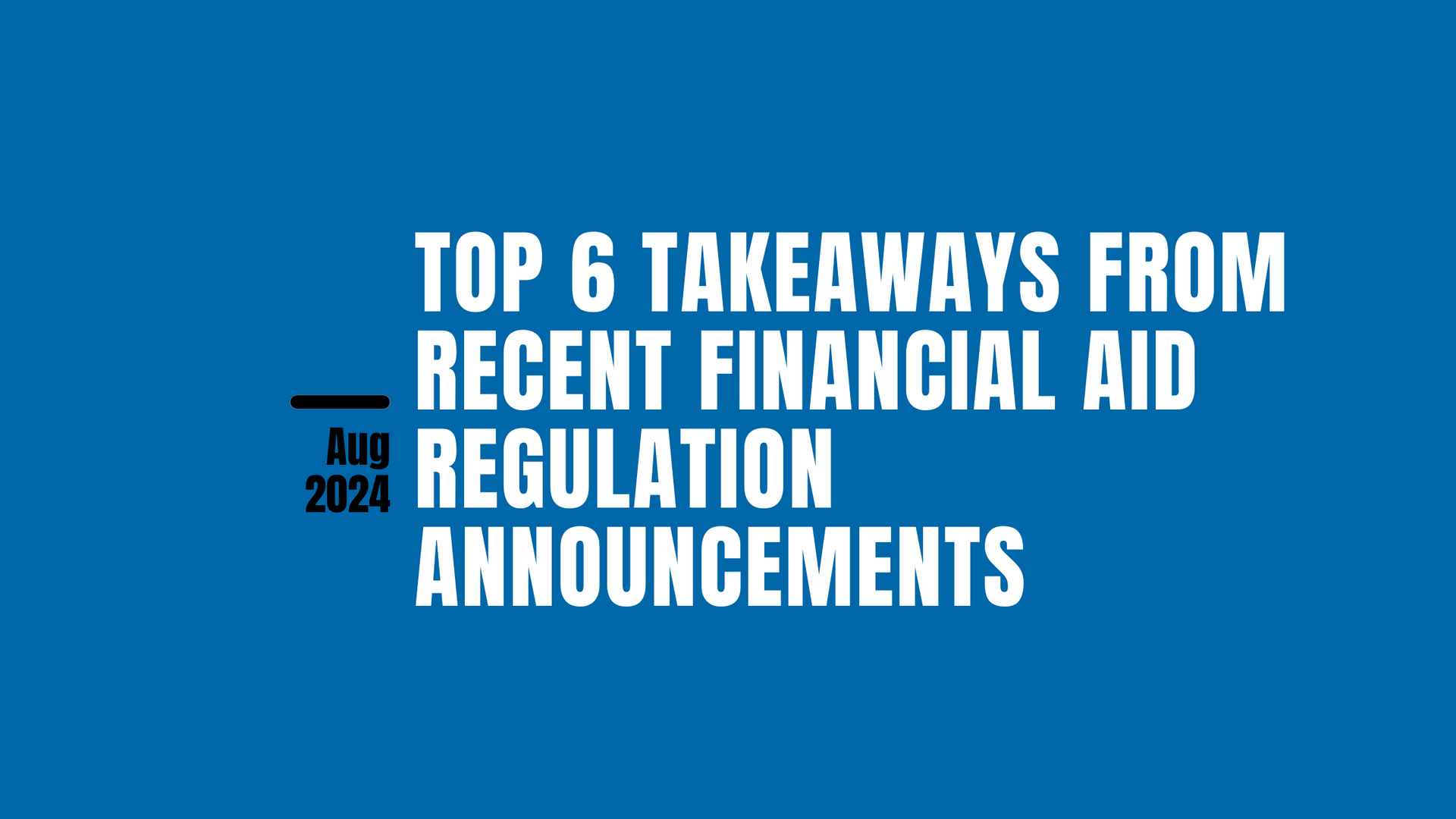Navigating the FAFSA Verification Maze: A Comprehensive Guide for the 2025-2026 Award Year
As the new academic year approaches, students and educational institutions alike must navigate the complex waters of FAFSA verification. The U.S. Department of Education recently published crucial updates for the 2025-2026 award year that warrant close attention. This article delves into these updates, providing a clear roadmap to ensure compliance and optimize student aid.
Direct Data Exchange Continues
The verification process for the upcoming award year remains largely unchanged, with the continued utilization of the Direct Data Exchange (FA-DDX) between the U.S. Department of Education and the Internal Revenue Service (IRS). This system automatically imports most U.S. income and tax information directly onto the FAFSA form. Importantly, if federal tax information (FTI) is successfully transferred, institutions are not required to collect a Tax Return Transcript or a signed copy of the 2023 income tax return, streamlining the process considerably.
Special Considerations for Identity Theft Victims
In a significant shift, the Department has updated its requirements for individuals who have been victims of IRS tax-related identity theft. Given the extended processing times for Tax Return DataBase View (TRDBV) transcript requests—often exceeding a year—victims are now only required to submit a signed 2023 income tax return with applicable schedules. Additionally, they must provide an IRS 4674C letter acknowledging the identity theft or a signed statement confirming the IRS is aware of the situation.
Incarcerated Students: Verification Simplified
The verification requirements for confined or incarcerated students have been carried over from the previous award year. These students will only need to verify their identity and sign the statement of educational purpose if they are selected for Verification Tracking Group V4 or V5. Institutions are relieved from verifying these students under Verification Tracking Group V1, easing administrative burdens.
Institutional Autonomy in Verification Documentation
Institutions retain the freedom to develop their own text, forms, documents, and certifications tailored to the verification needs of specific students or student groups. However, they must adhere strictly to the language provided in the "Statement of Educational Purpose" for students in Verification Tracking Groups V4 and V5.
Record-Keeping and Institutional Responsibilities
The Department emphasizes the importance of proper record-keeping, reminding institutions that all verification documentation must be maintained for the required Title IV record retention period. Institutions are advised to take proactive steps in ensuring documentation is correctly matched to the appropriate student, especially when discrepancies in tax documentation occur.
Looking Ahead
These updates underscore the Department's commitment to maintaining the integrity of Title IV programs while adapting to challenges such as processing delays and identity theft. Institutions are encouraged to review these changes thoroughly and prepare their verification processes accordingly to support their students effectively.
As the landscape of federal student aid continues to evolve, staying informed and prepared is paramount. By understanding and implementing these updated verification guidelines, educational institutions can better serve their students and ensure that eligible individuals receive the aid they need to pursue their academic goals.
Struggling to find the perfect financial aid solutions to sustain higher education funding without the stress? ECM, an FA Solutions company, is here to assist. We specialize in compliance consulting, Title IV eligibility, and financial aid processing, ensuring streamlined operations and enhanced enrollment at your university.
We firmly believe that our success is directly linked to the success of our valued partners. Want to learn more? Please feel free to check out our services or get in touch today.
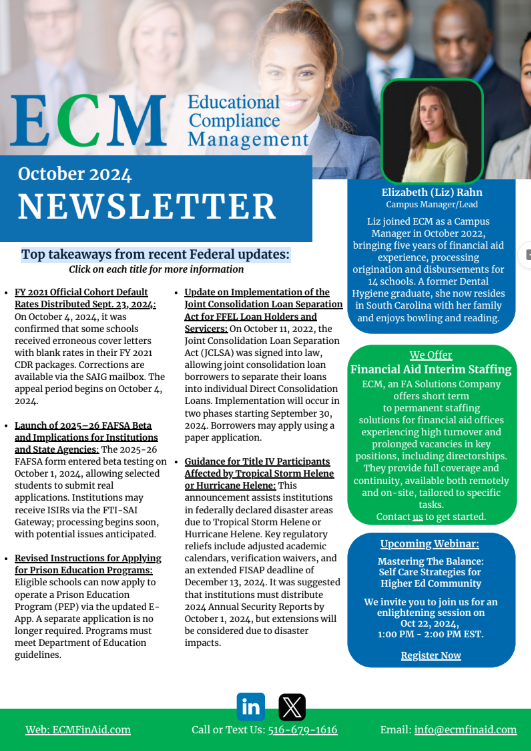
STAY IN THE LOOP
Subscribe To Our Free Newsletter.
Get started today
Thank you for subscribing.
Please try again later.
Let us help you maintain a fully compliant Financial Aid Office that continually meets the needs of your students and administrators, while satisfying the rigorous regulations of the Department of Education.

